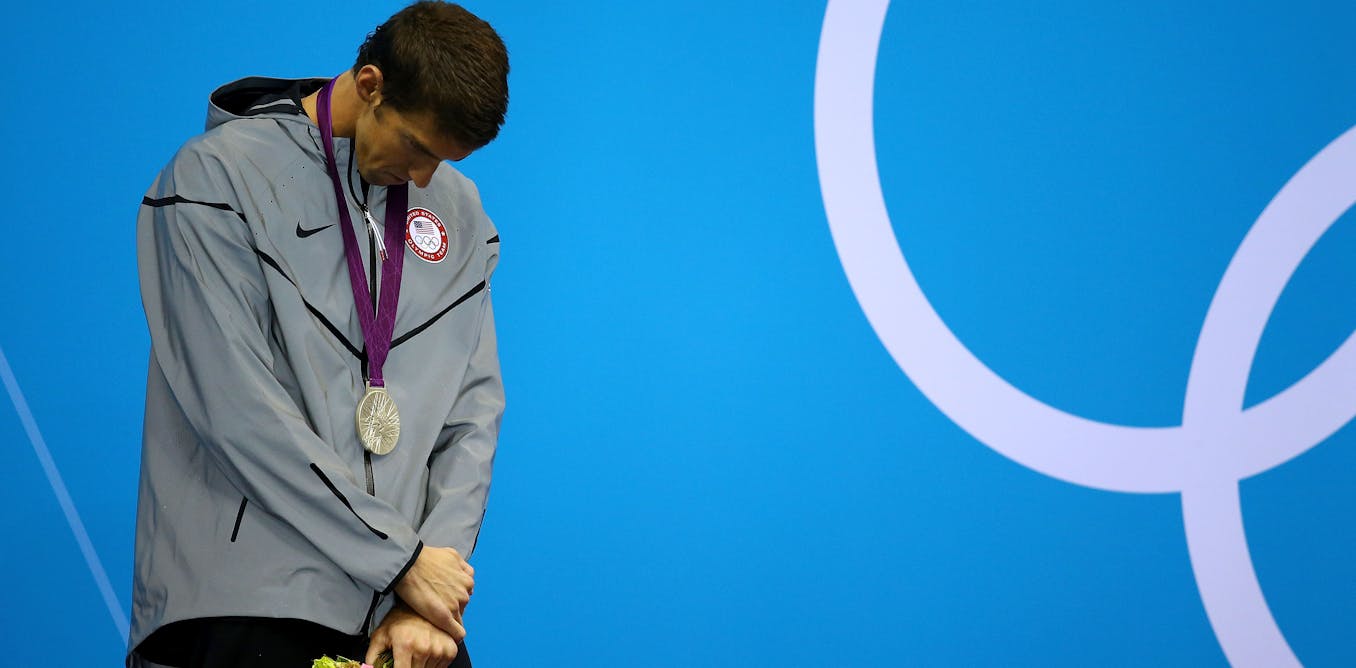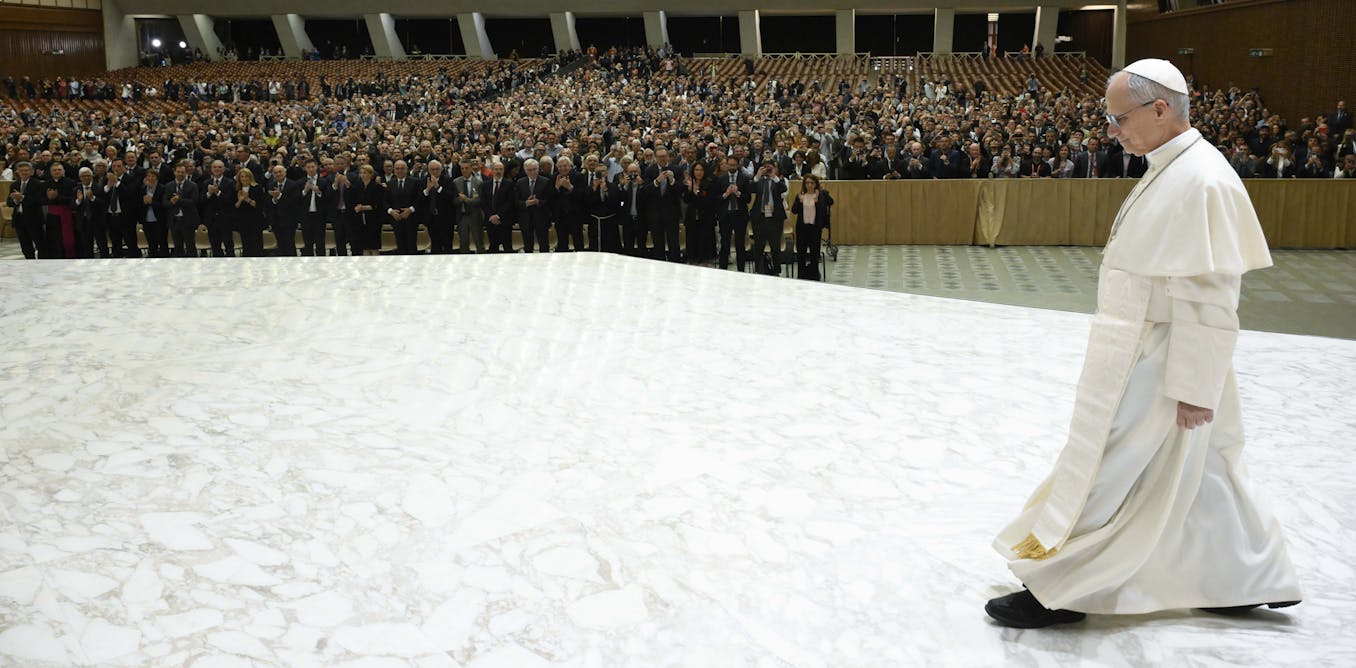At the 2022 Beijing Olympics, a distraught Alexandra Trusova received silver and immediately declared, “I will never ever skate once more.” Swimmer Michael Phelps exhibited a blend of aggravation and disappointment at the 2012 London Olympics when he added a silver to his trove of gold medals. At people same video games, gymnast McKayla Maroney’s grim expression on the medal stand went viral.
These moments, caught by the camera’s unblinking eye, reveal a stunning pattern: Silver medalists generally show up considerably less happy than all those winning bronze.
In a 2021 review, which we conducted with our exploration assistant, Raelyn Rouner, we investigated whether there’s any truth to this phenomenon.
Detecting disappointment
When the athletes of the planet convene in Paris this summer season for the games of the 33rd Olympiad, a lot of will march in the opening ceremonies dreaming of gold.
But what transpires when they tumble just limited?
We examined photos of 413 Olympic athletes taken throughout medal ceremonies concerning 2000 and 2016. The pictures came from the Olympic World Library and Getty Photographs and incorporated athletes from 67 countries. We also incorporated Sports activities Illustrated’s Olympic end predictions, due to the fact we desired to see irrespective of whether athletes’ facial expressions would be afflicted if they had exceeded anticipations or underperformed.
To examine the photos, we made use of a kind of synthetic intelligence that detects facial expressions. By making use of AI to quantify the activation of facial muscular tissues, we eliminated the need for investigate assistants to manually code the expressions, cutting down the possibility of private bias. The algorithm discovered the designs and positions of the athletes’ mouths, eyes, eyebrows, nose and other sections of the confront that indicate a smile.
Even although 2nd-area finishers had just executed objectively much better than 3rd-place finishers, the AI identified that bronze medalists, on regular, appeared happier than silver medalists.
Close but no cigar
So why does this transpire?
The response has to do with what psychologists connect with “counterfactual imagining,” which refers to when individuals visualize what did not manifest but could have occurred.
With this thought system in intellect, there are two primary explanations for this medal stand phenomenon.
Ronald Martinez/Getty Images
Initial, silver medalists and bronze medalists variety diverse factors of comparison – what are called class-primarily based counterfactuals.
Silver medalists form an upward comparison, imagining a different consequence – “I practically gained gold.” Bronze medalists, on the other hand, form a downward comparison: “At least I received a medal” or “It could have been worse.”
The way of this comparison displays how pleasure can be relative. For silver medalists, pretty much successful gold is a cause for disappointment, while simply just remaining on the medal stand can gratify a bronze medalist.
We also issue to a next cause for this phenomenon: Medalists form a thing known as expectation-dependent counterfactuals.
Some silver medalists are upset mainly because they envisioned to do far better. Maroney’s famed grimace is an illustration of this. Sports activities Illustrated predicted she would gain the gold medal by a huge margin. In other text, for Maroney, everything other than gold was a big disappointment.
We discovered evidence steady with each category-primarily based and expectation-centered counterfactual accounts of Olympic medalists’ expressions. Unsurprisingly, our examination also discovered that gold medalists are significantly much more likely to smile than the other two medalists, and individuals who finished superior than envisioned were being also extra most likely to smile, irrespective of their medal.
Prior reports have not been equipped to totally examination this phenomenon. But by using artificial intelligence, we were able to test these two theories on a massive and numerous set of picture details for the 1st time.
Smiles aren’t windows into the soul
It is significant to take note that these conclusions do not talk to how the athletes truly felt about winning bronze or silver.
Smiles can be faked for the cameras. Other times, people smile when they truly feel uncomfortable or awkward.
So we just cannot say with whole certainty that there’s a direct relationship in between facial expressions and feelings. However, these outward expressions of emotion keep communicative electric power and offer some insight into what athletes may well be feeling.
Our findings have implications further than the Olympics. Irrespective of whether you are competing in a spelling bee, interviewing for a position or running for political business office, getting 2nd put may perhaps appear as a disappointment.
If you reframe perceptions of results, you can in fact turn out to be a lot more content with your general performance, particularly if you just take pride in a task very well performed, absolutely free of comparisons or expectations.
There is generally a silver lining to second area.




